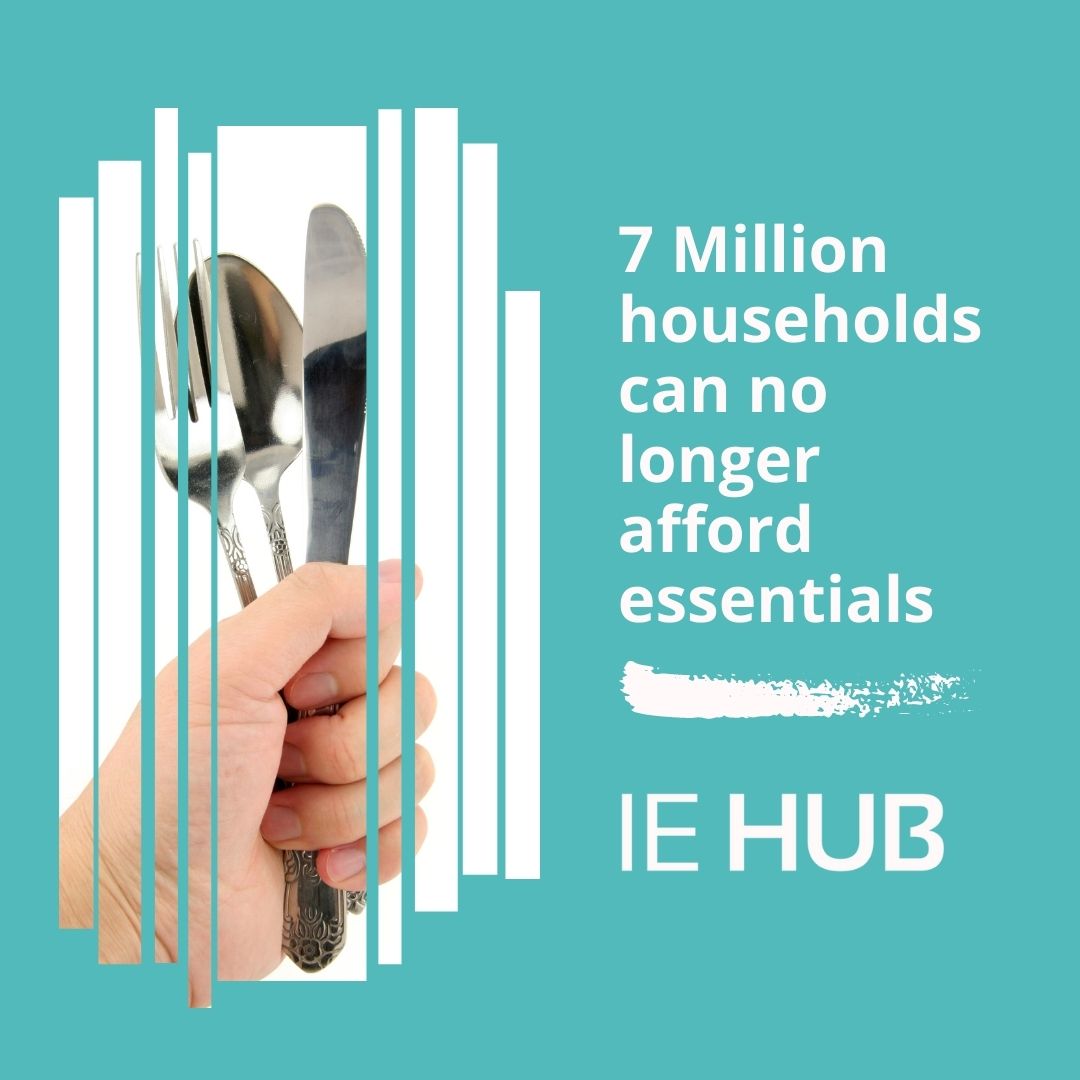
07 Jul
Cost of living crisis: Arrears are up by £2bn since October 2021
The Joseph Rowntree Foundation has recently found that low-income households are taking on £12.5bn of new debt. The cost-of-living crisis is still consuming many conversations and so it is essential to acknowledge the data and statistics to see how bad it actually is.

The study involved 4,000 people in the bottom 40% of household income. Participants were surveyed about their experiences with the current cost of living crisis. The report describes the unimaginable position that many people and families have found themselves in choosing between paying rent on time or feeding their family. Some are currently unable to do either.
Despite the government’s efforts to introduce packages and schemes to help support those who are vulnerable and in financial need, it does not touch the sides for millions of households. For 2.3 million households, they could not choose between heating or eating as they had already gone without both essentials.
Low-income households have turned to borrowing as they have taken on £12.5 billion of new debt in 2022 alone. £3.5 billion of this is owed to high-cost lenders, including doorstop lenders and illegal loan sharks. It is obvious what the detrimental and long-term impact these kinds of lenders can have on people’s financial future.
With the cost-of-living crisis being in full force for a while, repayments are already being required by lenders. With prices rising for pretty much everything, it is clear why people are already struggling and falling behind on repayments. Arrears on all personal debt have more than doubled since October 2021. From £1.8 billion to £3.8 billion in less than a year, arrears are expected to spiral, with interest rates continuing to rise.

As previously mentioned, the government introduced several schemes to help the low-income households affected most by the cost-of-living. However, the JRF report found that the government is causing severe hardship to those affected most. The benefits system is currently being used to collect some debts, often at unaffordable rates. People are being forced to have ‘debt deductions’ from their benefits, which is only increasing the financial suffering of low-income households.
As a response, JRF is calling on ministers to consider a simple fix to the horrendous crisis that many homes are currently in. They propose that the government should let people pay back their debt more slowly rather than automatically clawing back such a high proportion of people’s benefits.
Some interesting statistics to consider:
People cannot afford the essentials:
- 60% of all low-income families (almost 7 million households) had done one of the following:
- Gone without one of the essentials since the start of 2022
- Had cut down on or skipped meals
- Had gone hungry in the previous 30 days
- 21% of low-income households were going without enough food and were unable to keep their homes warm
- 33% of those who said they were going without essentials said they had experienced having to go without four or more (2.3 million households)
- 10% of people went without six or more types of essentials
Arrears are increasing:
- 6 million low-income households (40%) are behind on at least one bill- up by 20% since October 2021
- The average amount of arrears across all bills held by all low-income households is £1,600
- Total arrears are up by £2 billion from October 2021
Benefit deductions are adding fuel to the fire:
- Almost half of the households receiving Universal Credit (45%) have had money deducted from their allowance by the government
- On average, people are losing £61 a month in deductions, but it could be as much as £130
- 94% of Universal Credit recipients with a deduction were going without essentials. This is compared to 76% of UC recipients without a deduction (which is still drastically high)
- More than 72% of UC recipients with deductions went hungry in the last 30 days, compared to 42% without deductions (again, still scarily high).
With these shocking statistics and no sign of any light at the end of the tunnel, it is time for creditors to take action. Ensure that you are supporting your vulnerable customers because food and heating are human rights. No one should go hungry or cold because of a debt payment. Head to IE Hub to find out how you can support your vulnerable customers.